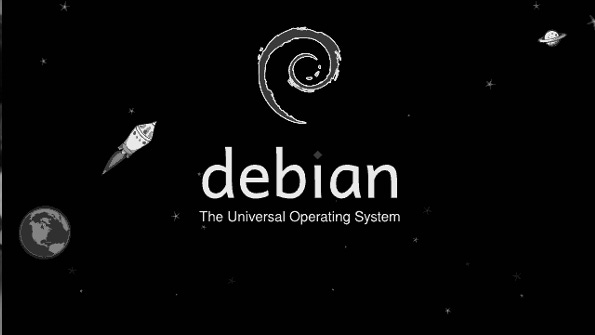Debian has become the latest GNU/Linux open source operating system to receive Microsoft's endorsement for the Azure cloud, adding another community-supported, Linux-based platform to the Microsoft cloud.

Debian has become the latest GNU/Linux open source operating system to receive Microsoft’s endorsement for the Azure cloud, adding another community-supported, Linux-based platform to the Microsoft cloud.
Microsoft announced the news on Dec. 2. It will partner with credativ, a company that offers support and service for open source software, in implementing Debian support on Azure.
Specifically, Debian versions 7 (“wheezy”) and 8 (“jessie”) are supported. Azure users can now create virtual machines based on these GNU/Linux distributions. They can also receive support within the limits of Microsoft’s support policy for open source platforms on Azure.
Microsoft says Debian support on Azure is only part of a broader effort to endorse Debian. “A number of Debian releases are already supported by Microsoft in Hyper-V 2012 R2, and with this announcement Microsoft renews its commitment to supporting Debian GNU/Linux across its on-premises and public cloud platforms, including the System Center suite, PowerShell Desired State Configuration (DSC), Azure Site Recovery and the Operations Management Suite,” the company said in a statement.
Microsoft already supported several other Linux-based operating systems on Azure before the announcement, including Ubuntu, Red Hat Enterprise Linux, CoreOS, Oracle Linux, CentOS, SUSE Linux Enterprise and openSUSE. In that sense, adding one more option to the list is not particularly remarkable.
Yet Microsoft’s Debian endorsement is important given Debian’s explicitly non-commercial philosophy. Most of the other GNU/Linux distributions available for Azure are developed by companies — notably Canonical, Red Hat, SUSE and Oracle. The two that aren’t — CentOS and openSUSE — are close derivatives of ones that are.
In contrast, Debian from the start was conceived as “a non-commercial distribution,” as founder Ian Murdock put it in the 1994 “Debian Manifesto.” It is the basis for commercial operating systems, including Ubuntu, but it is not itself dependent on a commercial entity. Its presence on Azure means Microsoft has provided an open source operating system to cloud users that is unlike those previously available in a key respect.
About the Author(s)
You May Also Like


